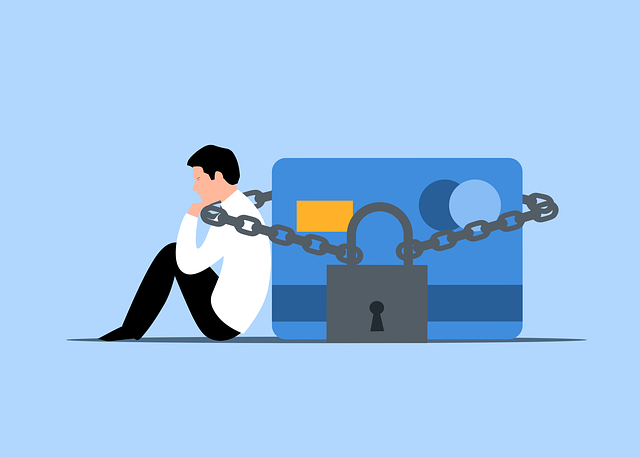UK residents with multiple high-interest debts can alleviate financial strain through 10k Debt Consolidation Loans. These loans offer lower rates and simplified repayment by combining several debts. Choices include secured, unsecured, or hybrid options, each requiring collateral (secured) or none (unsecured), respectively. The ideal loan type depends on credit history and available assets, with unsecured loans suitable for credit card debt consolidation.
Looking to conquer your mounting debts? Debt consolidation loans offer a strategic solution by combining multiple debts into one manageable loan, simplifying repayment and potentially saving you money. In the UK, borrowers have options: secured or unsecured loans, or a blend of both.
This article demystifies these choices, guiding you through the intricacies of each type, including how they work, eligibility criteria, interest rates, and real-world scenarios like the popular 10k debt consolidation loan. By understanding your options, you can make an informed decision to take control of your financial future.
Understanding Debt Consolidation Loans in the UK

Debt consolidation loans are a popular solution for UK residents looking to manage multiple debts. These loans allow borrowers to combine several high-interest debt obligations into one single loan, offering potential benefits such as lower interest rates and simplified repayment schedules. This can be particularly appealing when dealing with a substantial amount of debt, like a 10k Debt Consolidation Loan.
In the UK, there are two primary types: secured and unsecured loans. Secured loans require borrowers to offer an asset (like property or vehicles) as collateral, while unsecured loans don’t require any such security. Some providers also offer hybrid options combining elements of both. Understanding these variations is crucial when deciding which type aligns best with your financial situation and risk tolerance.
Unsecured vs Secured: Which is Right for You?

When considering a debt consolidation loan in the UK, understanding the difference between secured and unsecured options is crucial. An unsecured loan means that you borrow money without using any asset as collateral. This option is ideal for those looking to consolidate credit card debts or other forms of unsecured debt. For instance, a 10k debt consolidation loan can help pay off multiple high-interest credit cards, simplifying your financial situation and potentially saving on interest payments.
On the other hand, secured loans require you to offer an asset, such as your home or car, as collateral. This guarantees the lender in case of default. While secured loans often come with lower interest rates, especially for larger amounts like a 10k debt consolidation loan, the risk is that you could lose the collateral if you fail to repay. Therefore, secured options are generally suitable for individuals with strong credit histories and significant assets to offer as security.
When considering a 10k debt consolidation loan in the UK, understanding your financial situation and choosing between secured or unsecured options is crucial. Secured loans offer lower interest rates but require collateral, while unsecured loans provide flexibility without the need for assets. Combining both can be a game-changer, especially when tailored to your needs. Remember, the right approach can lead to financial freedom, so weigh your options wisely and take control of your debt journey.
